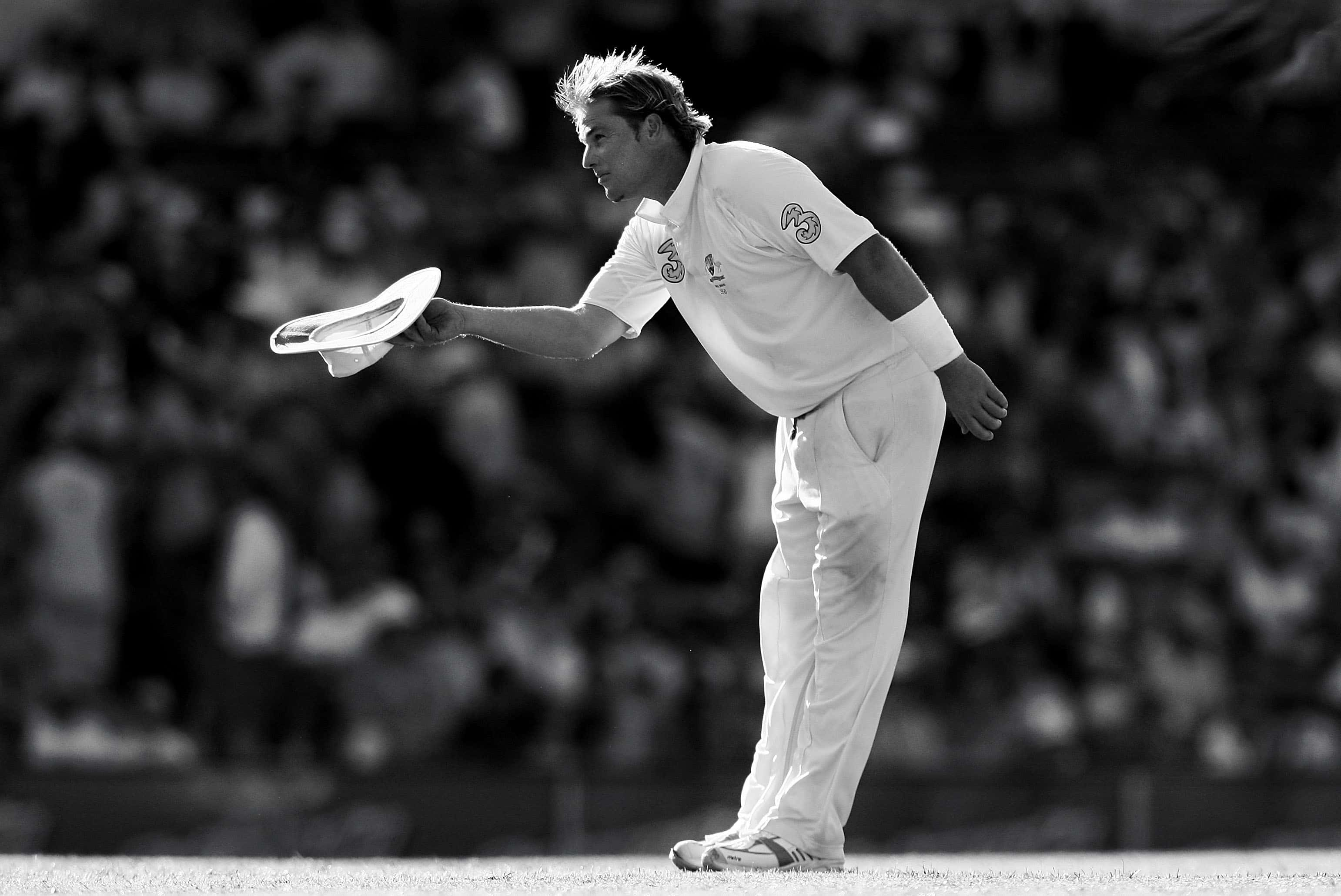Shane Warne: Covid infection may have contributed to fatal heart attack, says expert

Experts have proposed that Covid-19 could have contributed to or "accelerated" Shane Warne's fatal heart attack at the age of 52 as infection increases the risk of heart disease significantly.
There is a "significant possibility" that an underlying heart condition could be exacerbated by the deadly virus, according to Jeremy Nicholson, the Pro-Vice-Chancellor for Health Sciences at Perth's Murdoch University. Last week, a post mortem declared the leg spinner died from natural causes while vacationing with his pals on the Thai island of Koh Samui on March 4. Meanwhile, a study found that Covid patients had a 72 percent higher rate of heart failure and a 63 percent higher risk of a heart attack after being infected.
RELATED ARTICLES
Who is Emily Scott? Shane Warne's former GF shares heartbreaking tribute to legend
Who is Kimberley Kitching's husband? Australian senator, 52, dies of suspected heart attack
"Shane may well have had some sub-clinical level pre-existing atherosclerosis (this is very common in men over 40) that was then accelerated by Covid-19," Nicholson told News Corp. Warne was infected with Covid-19 twice -- the first time in England while coaching the London Spirit last August, and the second infection came just weeks before his doomed trip to Thailand. The legendary cricketer was found unresponsive in his room by his friends, who made multiple attempts to revive him.

Nicholson studied the biochemical abnormalities in the blood of Covid patients and the associated risk of heart disease. In a recently published paper, the professor showed how the virus caused "a major shift in cardiovascular risk markers" -- thereby increasing the risk of a heart attack. Nicholson said it was possible Warne's underlying heart conditions could have been worsened by his Covid infection, especially after he had used a ventilator. "What is strange is that it was reported that he was placed on a ventilator to minimize his chances of getting long Covid — some irony there," he said.

In a separate paper, Nicholson said it was observed that the rate of cardiovascular diseases was considerably higher for up to a year for Covid patients. He proposed that the use of a ventilator could increase the risk of heart disease as the virus sometimes caused arteries to harden. However, that is yet to be proven. "We do know that SARS COV-2 infections are highly atherogenic in the acute phase and that impacts on heart attack risks and strokes," he said. Meanwhile, Professor Tom Marwick, director of the Baker Heart and Diabetes Institute at the Alfred Hospital, also found a correlation between Covid patients and their risk of cardiovascular events. His research concluded that those infected had a 72 percent increased risk of heart failure and 63 percent increased risk of a heart attack for up to a year.

Warne's family revealed that he was already suffering chest pains and asthma flare-ups in the weeks leading up to his demise. Meanwhile, there is also speculation about the sportsman's extreme cleanses, sometimes only drinking fluids for 14 days to shed weight. Last week, his former doctor Peter Brukner chimed in on what could have caused the 52-year-old's shocking death. Speaking to Perth radio hosts Basil Zempilas and Xavier Ellis, Brukner said his demise was likely the result of a combination of a longstanding smoking habit, poor diet, and other factors. "Warney, if he had heart disease, which sounds like he did, you know, that didn't happen overnight in Thailand," the doctor told Triple M Breakfast on Wednesday, March 9. "It's been happening for 20, 30 years from smoking, poor diet, etc, etc," he added.










